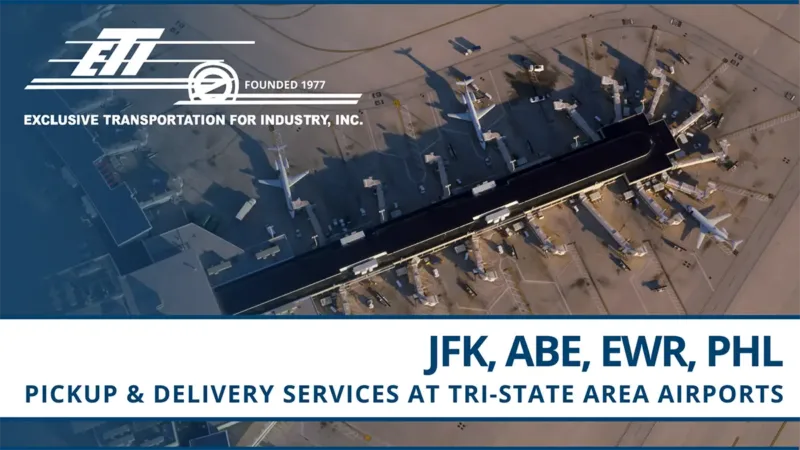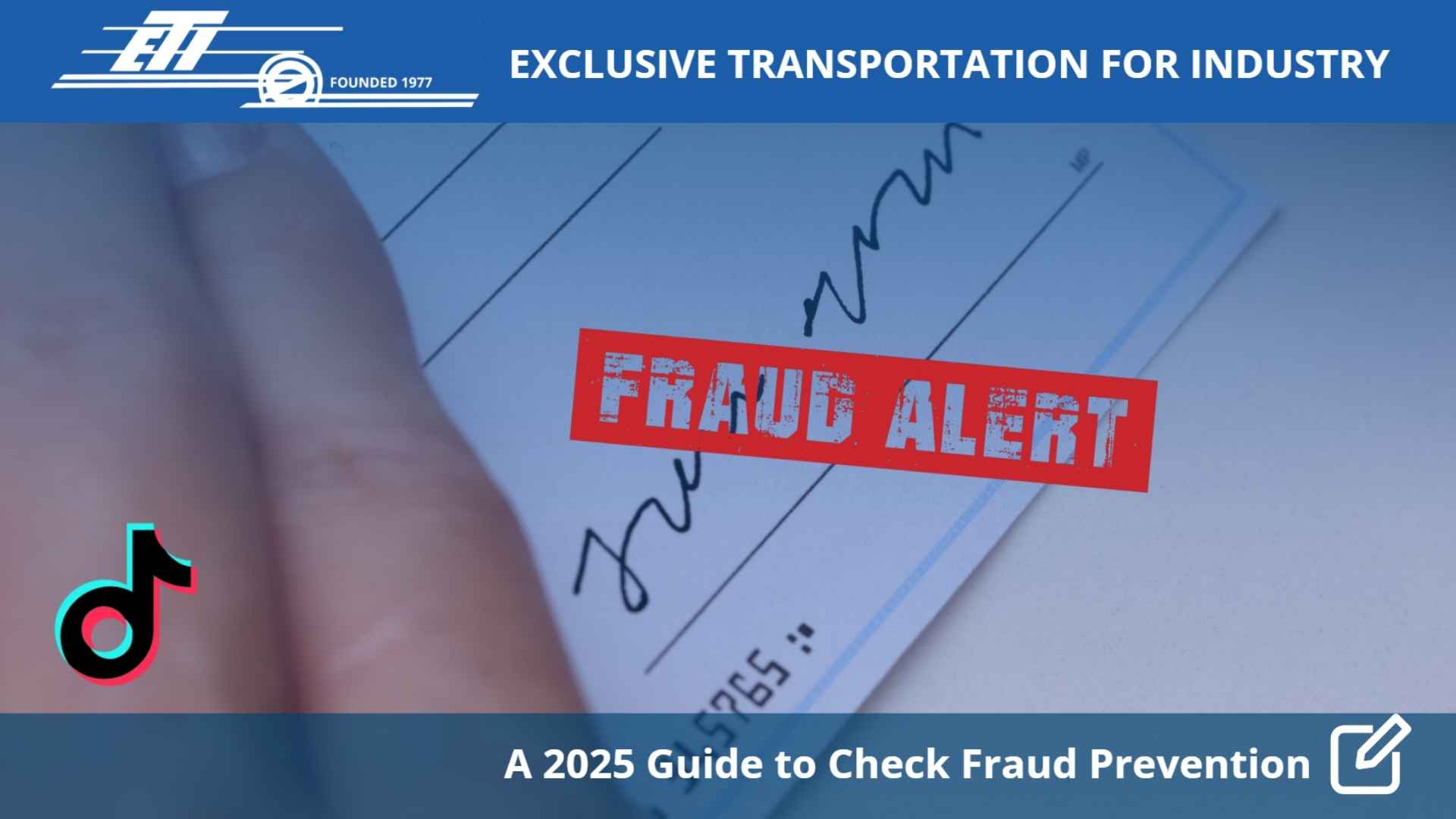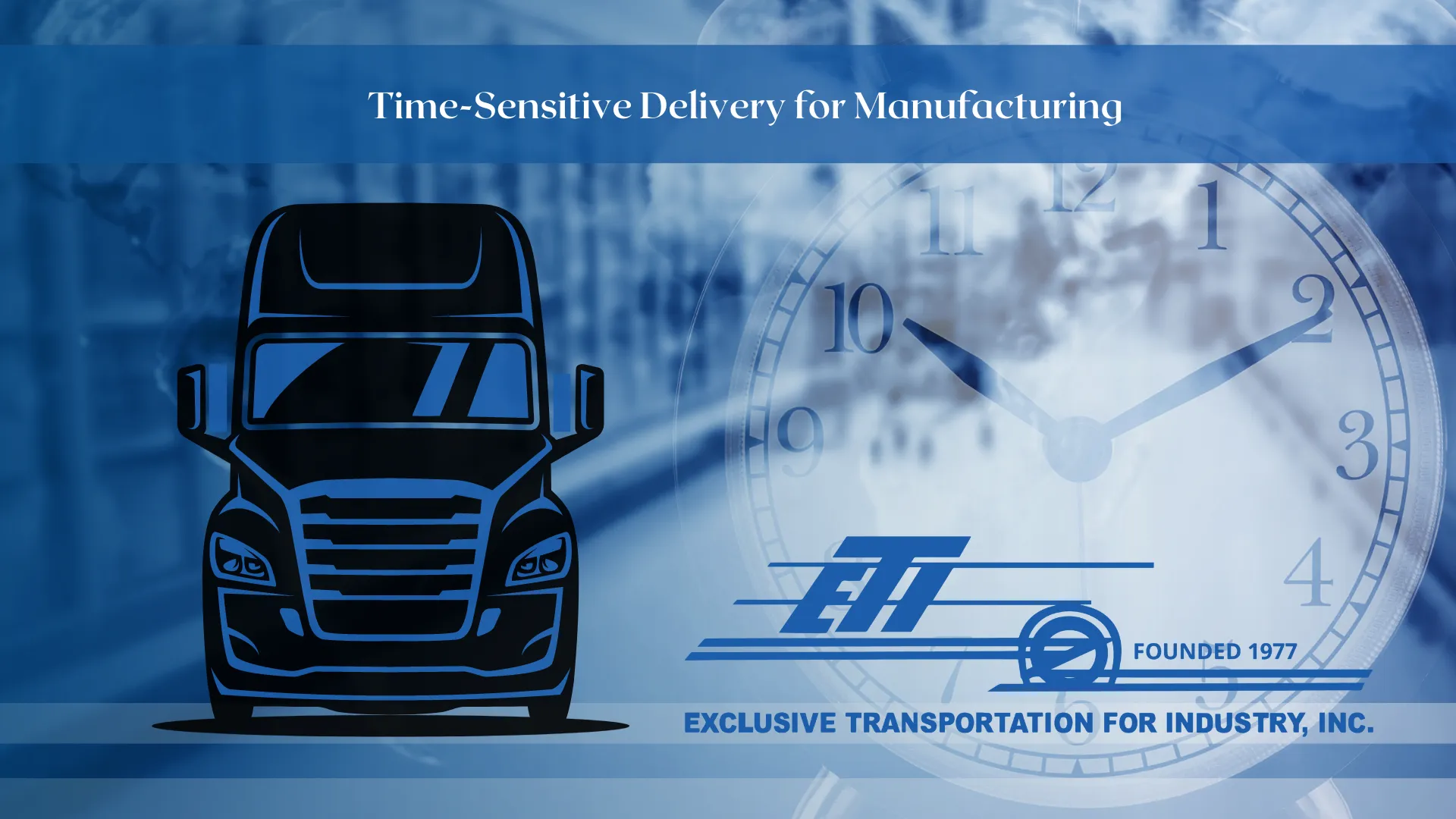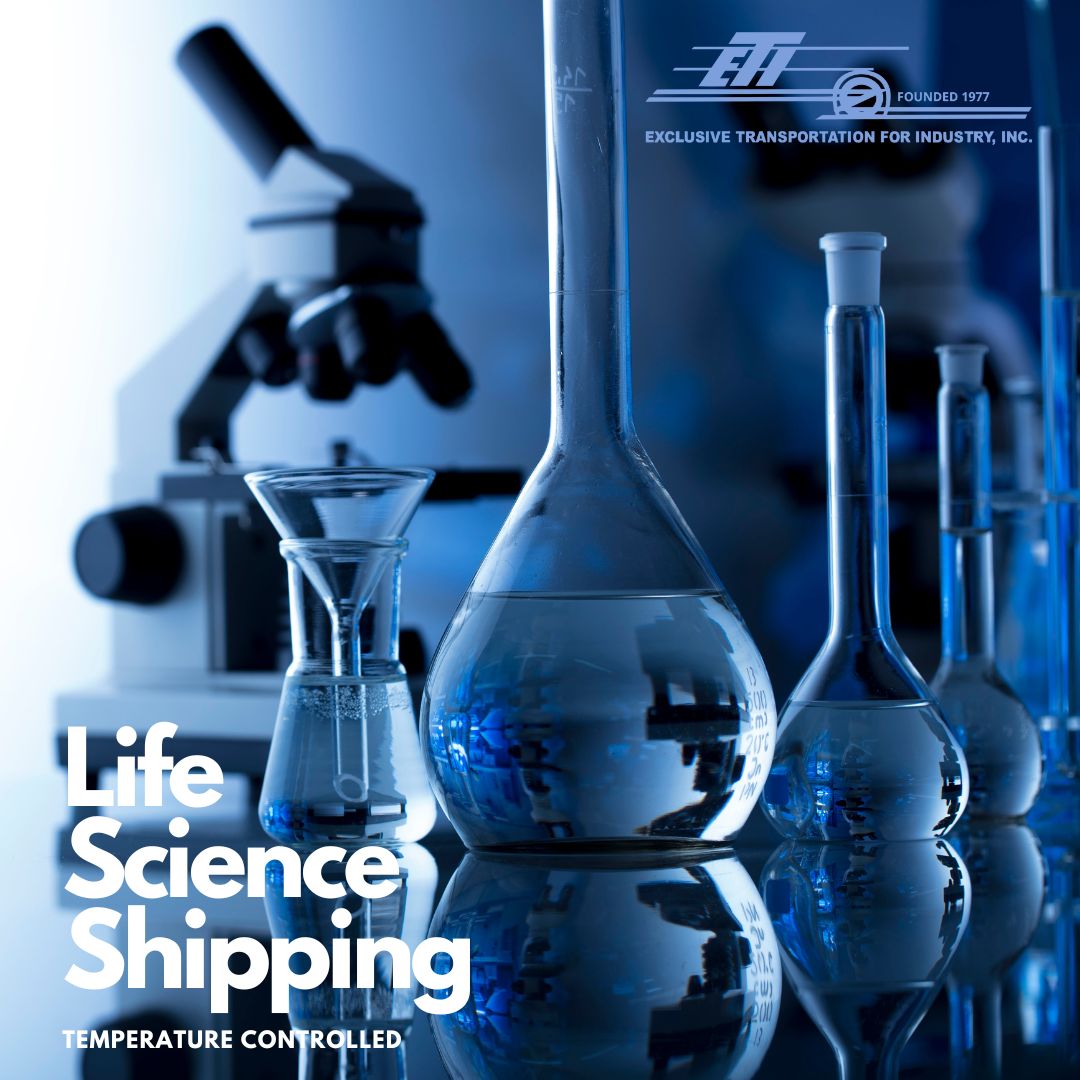In today’s fast-paced supply chain, transporting critical shipments—whether pharmaceutical supplies, high-value electronics, or time-sensitive manufacturing components—requires precision, security, and reliability. Businesses that depend on urgent deliveries must work with logistics partners who understand compliance regulations, risk mitigation, and real-time tracking.
ETI Trucking specializes in handling high-stakes shipments, ensuring that valuable and time-sensitive goods reach their destinations without disruption. This guide explores the best practices for transporting critical shipments safely and efficiently.
Why Critical Shipments Require Specialized Transport
Not all freight is created equal. Some shipments require a higher level of care, including temperature control, security protocols, and real-time tracking. These include:
- Pharmaceuticals & Life-Saving Medical Supplies – Vaccines, biologics, and medical devices require adherence to strict transport conditions to maintain efficacy.
- High-Value Electronics & Sensitive Equipment – Delicate and expensive technology must be shipped with security measures to prevent damage or theft.
Manufacturing Components & Raw Materials – Production lines depend on timely deliveries to avoid costly shutdowns. ETI Trucking’s expertise in handling critical shipments ensures that goods arrive on time, intact, and compliant with all regulations.

Critical shipments
Best Practices for Transporting Critical Shipments
-
Choose a Reliable Carrier with Experience
Not every trucking company is equipped to handle critical shipments. A trusted carrier like ETI Trucking should have:
- Experience with high-value and time-sensitive deliveries
- Specialized equipment, such as temperature-controlled trailers
- A track record of compliance with industry regulations
By partnering with experienced logistics providers, businesses reduce risks associated with shipping delays, damages, or compliance failures. Learn how ETI Trucking ensures secure pharmaceutical deliveries.
-
Implement Real-Time Tracking & Monitoring
Technology plays a crucial role in ensuring the safe delivery of critical shipments. Advanced GPS tracking and temperature monitoring allow logistics teams to:
- Monitor shipments in real-time
- Receive alerts for potential delays or route changes
- Ensure compliance with Good Distribution Practice (GDP) guidelines for pharmaceutical shipments
ETI Trucking utilizes cutting-edge tracking systems to provide customers with full visibility into their shipments.
-
Ensure Proper Packaging & Handling
Improper packaging is one of the leading causes of damaged shipments. Whether transporting fragile electronics or temperature-sensitive pharmaceuticals, the right packaging can make all the difference.
- Use shock-absorbing materials for delicate goods
- Secure temperature-sensitive products with insulated containers
- Label shipments properly to ensure correct handling
ETI Trucking advises clients on the best packaging solutions to maintain product integrity throughout transit. Find out more about proper freight handling techniques.
-
Maintain Compliance with Industry Regulations
Regulatory compliance is critical for industries such as pharmaceuticals, biotechnology, and food manufacturing. Failure to follow guidelines can result in fines, rejected shipments, and legal issues.
Some key regulations include:
- FDA & USDA Requirements for food and pharmaceuticals
- Department of Transportation (DOT) Regulations for hazardous materials
- Chain of Custody Protocols to prevent theft or tampering
ETI Trucking ensures that all critical shipments meet regulatory requirements, providing customers with peace of mind.
-
Plan for Contingencies & Risk Management
Even with the best planning, unforeseen challenges can arise. Having a contingency plan in place can minimize disruptions. Best practices include:
- Route optimization to avoid weather delays
- Backup carriers in case of truck breakdowns
- Insurance coverage to protect high-value goods
ETI Trucking’s proactive risk management strategies help businesses avoid costly delays and ensure delivery continuity.
Conclusion
Transporting critical shipments demands careful planning, expert handling, and a logistics partner who understands the urgency of timely and secure deliveries. ETI Trucking stands out in the industry with its commitment to compliance, real-time tracking, and risk management strategies.
Whether you’re shipping life-saving medical supplies, high-value electronics, or mission-critical manufacturing components, partnering with a trusted carrier ensures a seamless transportation process. With ETI Trucking, your critical shipments are in safe hands.

Critical shipments
Frequently Asked Questions (FAQs)
-
What qualifies as a critical shipment?
A critical shipment is any freight that requires urgent, high-security, or specialized handling. These can include pharmaceuticals, high-value electronics, aerospace parts, and raw materials that impact production timelines.
-
How does ETI Trucking ensure the safety of high-value shipments?
ETI Trucking employs real-time GPS tracking, temperature monitoring, and advanced security protocols to safeguard shipments. Their logistics team continuously monitors transit conditions to prevent theft, damage, or delays.
-
What regulations do critical shipments need to follow?
Regulations vary by industry but commonly include FDA compliance for pharmaceuticals, DOT regulations for hazardous materials, and GDP guidelines for temperature-sensitive goods. ETI Trucking ensures all shipments adhere to required standards.
-
Can critical shipments be insured?
Yes, ETI Trucking offers cargo insurance options to protect high-value shipments against loss, theft, or damage. Businesses shipping expensive or sensitive products should consider coverage for added security.
-
What happens if a critical shipment is delayed?
ETI Trucking has contingency plans in place to handle unexpected delays. These include route adjustments, backup carriers, and rapid response teams to minimize disruptions and ensure on-time delivery.







